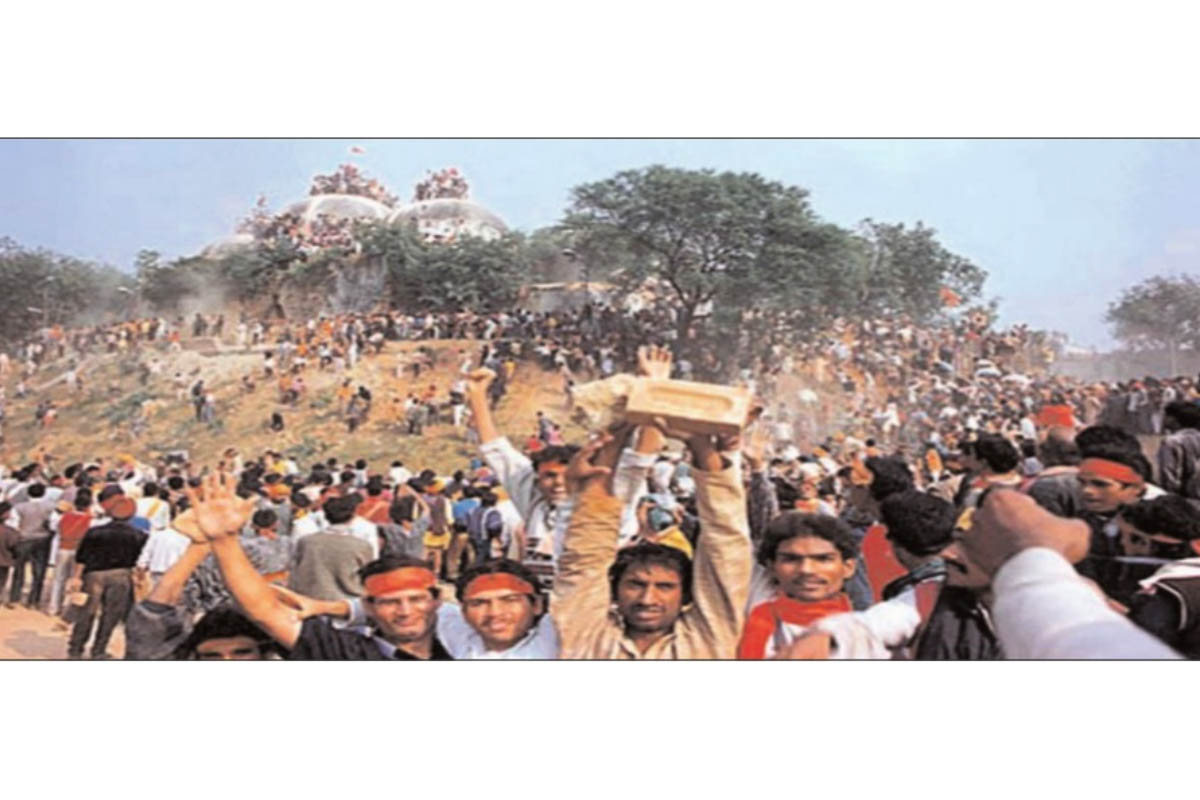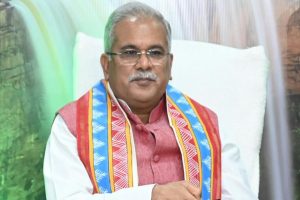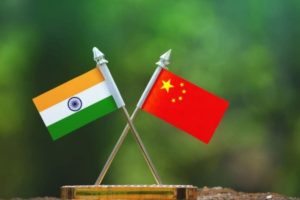SIR, Apropos Prafull Goradia’s article, ‘Mandir-masjid Syndrome’ (August 3), there is no need to delve into the past and portray the bitterness between those who favour a mandir and others who want a masjid. This might stoke tension between the two communities. The Supreme Court will hopefully take a decision and close this case forever. In India, the citizens look up to the judiciary for the resolution of disputes, but the harsh reality is that in certain cases, the citizens want the judiciary to be more cautious while taking the decision.
The Ayodhya land case comes in this regrettable category. In such emotive cases, it devolves on the government to support the judiciary and ensure that there is no breach of law and order in the aftermath of the court verdict. We can trust the judges to pronounce an unbiased order in the interest of everyone. We the people have been dragging this issue for far too long. We look forward to the victory of secularism in the true sense. Yours, etc., Jatin Grover, (Indian Institute of Mass Communication, Dhenkanal, Odisha), 6 August.
Advertisement
CPI-M AND BJP: SIR, This is in response to Kajal Chatterjee’s letter, ‘CPI-M priorities’ (26 July). The Trinamul debacle in the Lok Sabha election has been attributed, in certain quarters, to the CPI-M support to the BJP. In a parliamentary democracy, it is virtually impossible to indoctrinate voters in a particular ideology and therefore, in recent elections, there has been a clear and huge religious polarisation aided and abetted by both the Trinamul Congress and the BJP with huge money and muscle power. The correspondent has ignored the CPI-M’s protest over national issues such as demonetisation, farmers’ distress, inflation and so on. Thousands of farmers marched in procession in Delhi and Mumbai, under the aegis of the All India Kisan Sabha. The poor in rural Bengal have been duped by Saradha, Narada and Rose Valley scams. How can the CPI-M remain a mute witness? And this is not to forget the NETTET scandal. Yours, etc., Bhaskar Das, Siliguri, 5 August.
LOSS OF KIDNEYS, LOSS OF LIFE: SIR, I have been keenly following your reports on the fate of Kanchan Kumari of Bihar. She died recently, having lost both her kidneys. Thanks to your exclusive coverage, people from several parts of the country, including Kolkata, and even America had offered to donate their kidney to save her life. But as you have rightly observed, she eventually lost her life due to the negligence of her parents and the hospital authorities in Patna. The doctors of the hospital deserve to be condemned for their inhumane attitude. It is incredible that such tragedies can happen in the India of the 21st century. The doctors have been indifferent towards medical ethics and are responsible for the death of Kanchan Kumari. Regretfully, her parents are also to blame. “Non-availability” of a bed is a feeble excuse for a heart-rending tragedy. Yours, etc., Bhakti Ghosal, Serampore, 5 August.
HURRIED, WORRIED, BURIED: SIR, In his incisive article, ‘Art of Doing Nothing’ (4 August), Prof. Abhik Roy has, in his masterly manner, dealt with the Dutch concept of Niksen or the art of doing nothing. Indeed, human life is a blend of positive and negative feelings. In the book, History of Ancient Philosophy, AS Bogomolov mentions that the Stoics, starting from Zero, mentioned four groups of negative emotions ~ grief, fear, desire, and enjoyment, and three types of positive emotions ~ gladness or rational excitement as opposed to enjoyment, discretion as opposed to fear, and will as opposed to desire. Hence, we should properly learn the art of living. An extremely proactive schedule can be damaging both mentally and physically. In an article in The New York Times, Olga Mecking has suggested certain methods to practise niksen. But we cannot exclude spiritual contemplation or meditation. It helps us restrain the natural turbulence of thoughts. GM Cohan (1878-1942) has rightly expressed the truth of human life: ‘Hurried and worried until we’re buried.’ Yours, etc., Sridhar Sarkar, Barasat, 6 August.
TOWARDS HAPPINESS: SIR, Over the past few years, I have been shuttling between Noida and Pondicherry and between Noida and Jaisalmer to teach French. Due to the nature of my work, I have been putting up at hotels from where I have been cycling to work. My favourite part of the day has been to wake up in the morning, sip several cups of coffee, and meditate. Thus when I read Abhik Roy’s article, “The Art of Doing Nothing,” I was convinced of the need to relax and recuperate. In an age where success is often measured by one’s material possessions and social networking abilities, the writer has pointed out that there is an alternative to being driven by work. And this is simply to space out. Perhaps it is the most effective way to attain happiness. Yours, etc., Animesh Rai, Noida, 6 August.
BAN ON POLYGAMY: SIR, The BJP government has got the Triple Talaq bill passed in Parliament. The next task ought to be a ban on polygamy among Muslims. That will be a great step towards the Uniform Civil Code. Yours, etc., Aloke K Bhattacharya, Kolkata, 6 August.
















